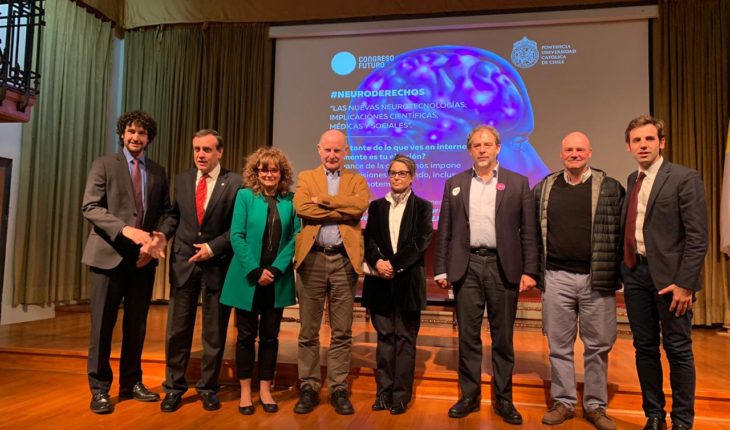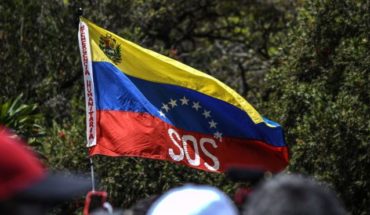The Spanish neuro-scientist Rafael Yuste, with the rector of the Catholic University, Ignacio Sánchez and Senator G UID Girardi will work on the elaboration of a constitutional reform that consolidates the neurorights, so that the United Nations (UN) considers them as a human right and that allows the neurodata to be used for medicinal purposes and altruistic.
In short, the project consists of the protection of the neurorights, arising from the impact of science, technology and especially artificial intelligence. Yuste valued that the Catholic University and the Senate “lead the alert to the world on these unsolved problems, which are the social implications of neurotechnology and artificial intelligence.”
“This transcends science and increasingly encompasses society. We have to decide what kind of society and human beings we want to be in the future, he said.
The Spanish neurobiologist stressed that it will define “for the first time in history the concept of neural data”, which “are different from the normal data, because they are based on the neuronal activity of the people.”
“We want these neurodata to be defined as an organ of the body, not physical but mental and would be the most important of all organs because it defines us as we are,” he added.
“If this can be done in Chile and neurodata can be defined from a legal standpoint, there will be a line that cannot be crossed because it would be established as the organs can be donated and received for medical or altruistic purposes, but not commercial” , closed the ideologue of the developer BRAIN Project, collaborative research based on innovations in the field of Neurotechnology.
The support of the future Commission and the UC
For his part, Senator Guido Girardi said that “the challenge Committee of the future, together with the Catholic University we will support Professor Yuste’s proposal that the neurorights are a new human right” and that “we will speak to the Vatican and the High Commissioner of UN Human Rights, Michelle Bachelet, for that to be enshrined globally. ”
“We want to have a indemnity and autonomy of the brains of human beings, because it is the most important challenge of humanity and that pride that is being addressed from Chile,” he concluded.
In the same line, the rector of the University of Chile, Ignacio Sánchez, said that the theme “has repercussions in all areas and that better than universities with a broad range of knowledge and academics in all these areas, as to address and collaborate together With the Government and Parliament to create this platform for discussion and analysis. ”
translated from Spanish: The crusade of the BRAIN project ideologue to establish the neurorights as a new human right
May 27, 2019 |





